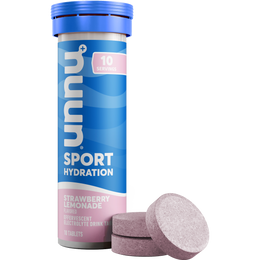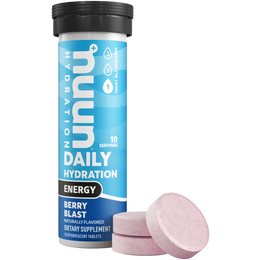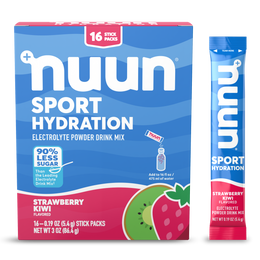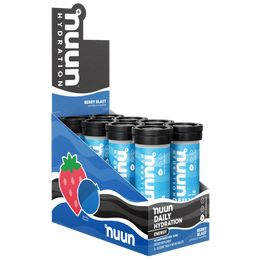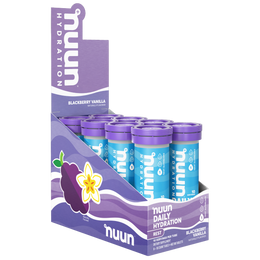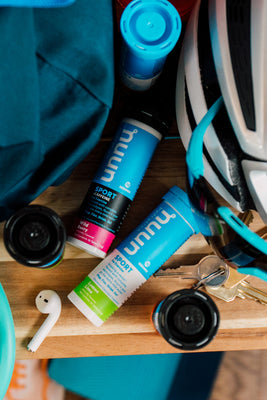Sarah True's 6 Tips for Starting a New Sport

There are few questions that bring me more joy in answering than this one: “what tips do you have for new triathletes?”. I absolutely love my sport and want to encourage others in trying triathlon. I adore the challenge and the warm community of triathlon; knowing that more people might jump into triathlon and find it to be similarly rewarding makes me a bit giddy.
More importantly, I simply want to see more people try new sports, not just triathlon, and to find different ways to be active. While trying new sports is typical for kids, adults too often fall into routines. The idea of delving into something unfamiliar can seem overwhelming and too-time consuming for our busy lives. Physical play, however, isn’t something exclusive to children; our bodies and minds benefit from novel stimuli. The introduction of a new sport is a terrific way to break our exercise routines and push ourselves outside of our comfort zones.
While the following list includes some of my top tips for “newbie” triathletes, these tips also apply to other new physical endeavors. As much as I would love to recruit everyone into the wonderful world of triathlon, there is a myriad of ways to use our bodies to play. Although I may be biased towards my sport, I recognize (sigh) that swim-bike-run may not be for everyone!
- Don’t be afraid to make mistakes. Perfection is impossible, especially when trying something new! Doing things “wrong” is a critical part of the leaning process. In my first year of triathlon, I made more mistakes than I could count. The important point is to see it not as a failure, but as part of the journey. Learning from your error and adjusting for the future will make you better in that sport in the long run.
- Fancy equipment is not needed. Triathlon is a sport with a seemingly endless amount of gear and it can be overwhelming to someone interested in the sport. Ignore all the fancy gear and focus on the basics that you actually need: a bathing suit, cap, goggles, helmet, running shoes, and a bike. While you might see expensive bikes at the race site, any functional bike will do. For cold water, you will also need a wetsuit (although that is optional). For the bigger items, like a bike and wetsuit, consider borrowing or renting. For my first triathlon, I borrowed a bike that was too small, but it didn’t matter- I was hooked on the sport after the race and gradually acquired more gear over subsequent years.
- Nobody will judge you for being inexperienced. It is common to fear not fitting in; we worry that we might look or act in a way that makes our outsider status seem obvious, earning potential scorn from our peers. Before my first triathlon, I was more concerned with how I would fit in or might be perceived than whether I could complete the race. There was no need to be worried: everyone at the race was too caught up in their own preparation and performance to be judging me or anyone else at the venue. Not only that, but I found some of the other athletes to be warm and encouraging; triathletes are passionate about their sport and many actively welcome newbies into the community. Nobody is at a race to judge you: we are there to share in the fun and challenge as a collective endeavor.
- Find a mentor. As the saying goes, “there is no such thing as a stupid question”. Find someone who is more experienced in your sport and you trust enough to ask unfiltered questions. There can be questions that might feel embarrassing or silly, but they are all valid. Despite my years in triathlon, I continue to rely on some friends to find out how they might handle a particular situation or how they prepare for certain conditions. The human connections of sport make the endeavor special and most of us love to share. When you gain more experience, someday you can return the favor and help out someone new to the sport! If you don’t know anyone in the sport who can fill this role, don’t worry- there are plenty of great online resources for newbies. Seek out a forum geared towards new athletes and you will likely be pleasantly surprised how eager others are to answer your specific questions.
- Identify what is scariest to you and prepare prior to the race. Our concerns fall under two categories: concerns that are out of our control and those in our control. The concerns that are out of our control are often emotionally driven; by examining and shifting our emotional response, we can handle these fears on race day. For concerns that are within our control, have a plan on how to be more comfortable with the situation. Generally, we can address many of these before the race with our preparation. If you are concerned about swimming in a dark, weedy lake, for example, make sure that you spend some time confronting your fears prior to the race. The additional stimulus of racing can frequently amplify our emotional responses; through addressing the concerns within your control beforehand, you will have more energy on race day to deal with new sensations.
- Find joy and growth in the process. While I recognize that I wrote quite a bit about racing, competition is certainly not necessary to participate in a new sport. Many of us enjoy the goal-setting and celebration of competition, but it is the day-to-day practice that shapes who we are. Most of my most challenging and rewarding experiences as a triathlete occur during the daily grind, not at a race. The process, not the outcome, ultimately shapes and allows us to discover new parts of ourselves.


